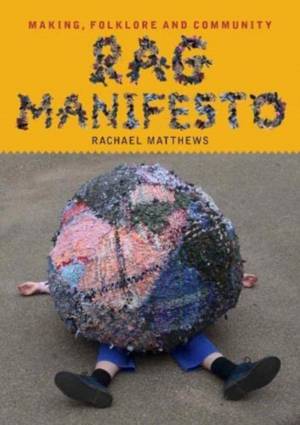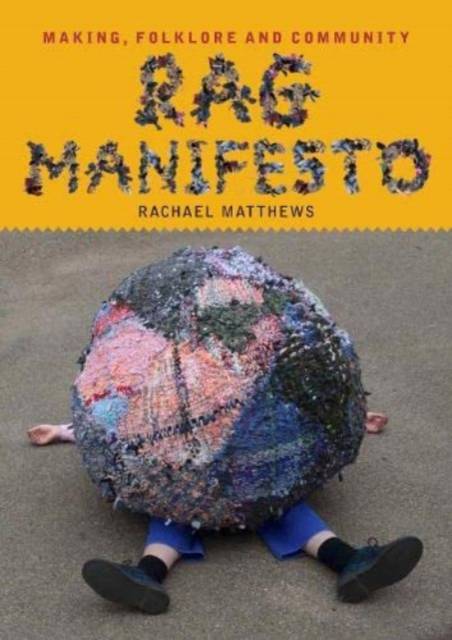
Bedankt voor het vertrouwen het afgelopen jaar! Om jou te bedanken bieden we GRATIS verzending (in België) aan op alles gedurende de hele maand januari.
- Afhalen na 1 uur in een winkel met voorraad
- In januari gratis thuislevering in België
- Ruim aanbod met 7 miljoen producten
Bedankt voor het vertrouwen het afgelopen jaar! Om jou te bedanken bieden we GRATIS verzending (in België) aan op alles gedurende de hele maand januari.
- Afhalen na 1 uur in een winkel met voorraad
- In januari gratis thuislevering in België
- Ruim aanbod met 7 miljoen producten
Zoeken
Omschrijving
This book is a unique view of the traditional art of rag rug making for this age of the Anthropocene. Projects made in the artist's studio and with a community group, highlight a reverence for our lost textiles, a response to the environmental impact of fast fashion and a proof that rag is a rich resource, wrongly classed as a taboo material.
Specificaties
Betrokkenen
- Auteur(s):
- Uitgeverij:
Eigenschappen
- Productcode (EAN):
- 9781739316037
- Verschijningsdatum:
- 1/03/2024
- Uitvoering:
- Paperback
- Afmetingen:
- 238 mm x 170 mm
- Gewicht:
- 224 g

Alleen bij Standaard Boekhandel
+ 62 punten op je klantenkaart van Standaard Boekhandel
Beoordelingen
We publiceren alleen reviews die voldoen aan de voorwaarden voor reviews. Bekijk onze voorwaarden voor reviews.









